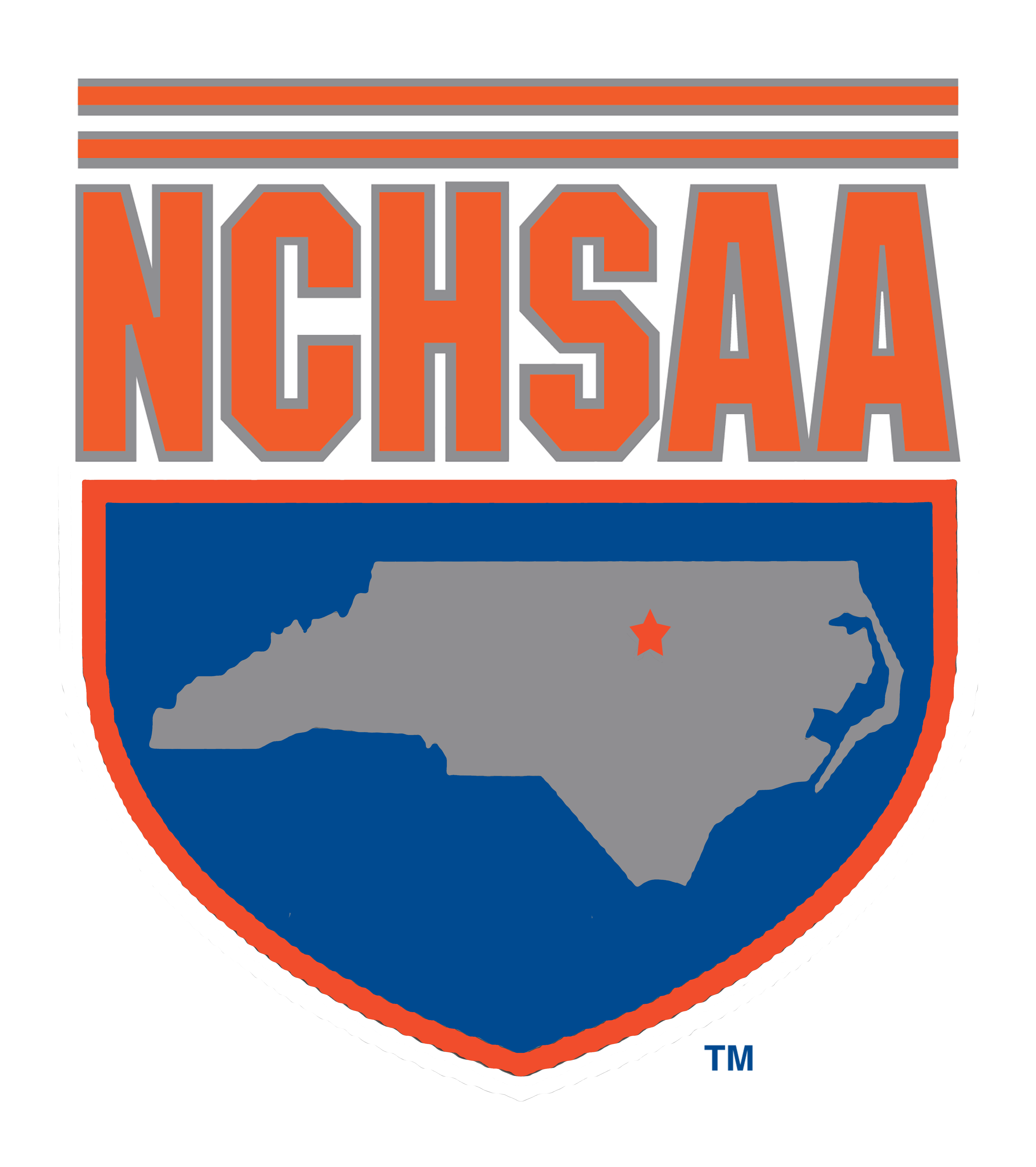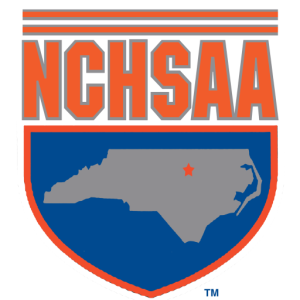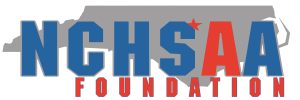INDIANAPOLIS— Major changes in substitution procedures in high school men’s lacrosse will take effect with the 2014 season. For stoppages of play due to an out-of-bounds ball, a horn will no longer be sounded to allow time for substitution. Instead, players may substitute “on the fly” as they can during normal play.
This was one of 19 rules changes approved by the National Federation of State High School Associations (NFHS) Boys Lacrosse Rules Committee at its July meeting in Indianapolis. All rules changes were subsequently approved by the NFHS Board of Directors.
While substitution may occur during playing action, Rule 4-22 lists the various conditions under which substitution may occur. In addition, substitution may take place while play is suspended as follows: end of a period, scoring of a goal, injury time-out, equipment adjustment, after a time-serving penalty and during a team time-out.
A new article was added to Rule 7-2 to reduce congestion in the penalty area. A maximum of three players from the same team can be in the penalty area serving penalties at the same time. The penalty time of any additional players(s) shall not start until the penalty time of one of the three players in the penalty area expires.
Kent Summers, NFHS director of performing arts and sports and liaison to the Boys Lacrosse Rules Committee, said any additional penalized player(s) shall wait in the bench area immediately next to the scorer’s table but not in the table area. A team shall not be required to play with fewer than seven on-field players solely because of players serving penalties. In addition, a player’s penalty cannot be released by a goal until he is in the penalty area and the time on his penalty has started to elapse.
“The Boys Lacrosse Rules Committee believes this change should minimize risk for participants and clarify procedures for administration of penalties and substitution,” Summers said.
In another change designed to minimize risk, the committee added a fifth example of an illegal body-check. Rule 5-3-5 will state that an illegal body-check is one that targets a player in a defenseless position. This includes but is not limited to: a) body-checking a player from his “blind side”; b) body-checking a player who has his head down in an attempt to play a loose ball; and c) body-checking a player whose head is turned away to receive a pass, even if that player turns toward the contact immediately before the body-check. A minimum of a two- or three-minute non releasable penalty is assessed for this violation.
“Intentional player-to-player collisions with players in a defenseless position are a concern, and this revision will reinforce the need to eliminate these collisions from the game,” Summers said.
In Rule 5-4 – Checks Involving the Head/Neck – the penalty for a violation was strengthened by dropping the possibility of a one-minute penalty. Thus, a minimum two- or three-minute non releasable penalty will now be enforced for this violation. Summers said this increased penalty will reinforce the need to eliminate hits to the head/neck from the game.
Besides the substitution procedures changes, the committee altered three other rules in Rule 4 – Play of the Game. In Rule 4-4-3, during the faceoff in all penalty situations, there now must be four players in the defensive area and three players in the offensive area. An exception is when a team has three players in the penalty area, a player may come out of his defensive area to take the faceoff but must remain onside.
In Rule 4-10 regarding offside, a team now is considered offside when it has more than six players in its offensive half of the field, including players in the penalty box, or more than seven players in its defensive half of the field, including players in the penalty box.
“The unfair advantage in an offside situation is created by too many players on one side of the field – not too few,” Summers said. “This change lets the foul reflect the unfair advantage and minimizes risk by allowing officials to ‘count forward,’ keeping their attention on the active side of the field.”
In Rule 4-12, Article 4 and Article 5 were deleted to address confusion with enforcement of the offside rule.
As with other NFHS rules committee, the Boys Lacrosse Rules Committee revised the rule regarding use of electronic devices. Rule 1-10-2 will now allow the use of electronic equipment by coaches and players on the sideline. However, Rule 6-6-3 still prohibits the use of electronic devices to communicate with any of the 10 on-field players.
Rules 2-6-1 and 2-6-7 were revised to state that the officials’ authority concludes when they leave the “immediate playing facility” rather than when they leave the “field of play.”
“Officials should continue to have some jurisdiction if there is an incident after they step off the ‘field of play,’” Summers said. “This revision is consistent with the language that gives state associations the ability to address situations that happen before, during and after the game.”
In Rule 2-5, it is now recommended that a minimum of three officials be used to control the game (referee, umpire and field judge). While not a requirement, Summers said this change in philosophy is indicated in order to better control play, especially with the increased speed of the game.
Following are other changes approved by the Boys Lacrosse Rules Committee:
Rules 1-2-7, 8, 9: Increases the size of the substitution/table area to allow more space for players to get on and off the field and create better sight-lines for table personnel.
Rule 1-7-5: Any crosse used in a faceoff may not have tape on the plastic throat of the head.
Rule 1-9-1: Beginning with the 2017-18 school year, legal numbers are 0-99. This would prohibit double-digit numbers from zero through 9 (00, 01, 02, etc.).
Rule 1-10-1h: Eye shade that is not a solid stroke or includes words, numbers logos or other symbols within the eye shade is prohibited.
Rule 2-5-2: Part (e) of the recommended uniform for officials was changed as follows: “black stirrup socks with white over-the-calf crew socks on top or knee-length one-piece white with 4-inch black top or short black socks that cover the ankle.”
Rule 2-6-1Note: Clarifies that the officials maintain jurisdiction of interrupted and/or suspended contests.
Rule 2-10-1: At the start of each period, a minimum of four balls should be spaced equidistant from each other five yards beyond the end line and four on both sidelines. On the bench side, balls should be placed at the scorer’s table.
Rule 7-8-2k: During a Flag Down situation (Slow Whistle), the officials will now stop play to enforce penalties on a second defensive foul “during the final two minutes of regulation play with the team that is ahead and possessing the ball in the goal/attack area, unless a scoring play is imminent.”
According to the 2011-12 NFHS Athletics Participation Survey, 2,338 schools sponsor boys lacrosse at the high school level with 100,641 participants nationwide.


